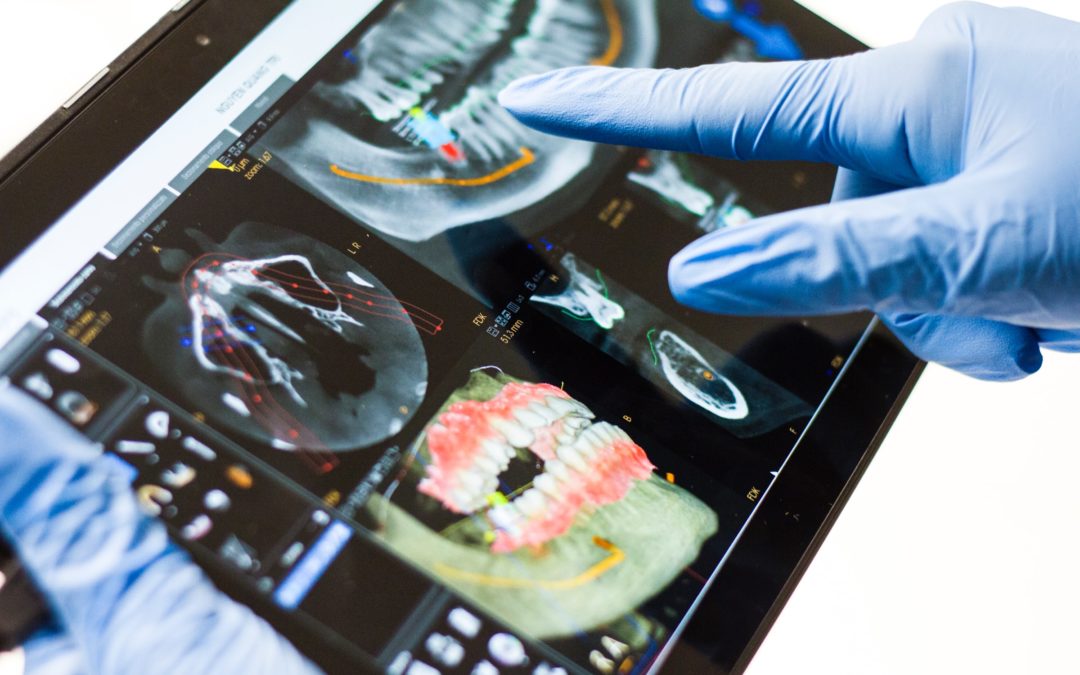Despite the results, surgery is often trauma for the mind and not just for the body. Accepting to go under a surgical procedure is the first step you must have taken, meaning you’ve been through one thing. Regardless of the results, you must also endure going through the recovery process.
The recovery process requires you to focus on your psychological state and not solely on your physical health. This article talks about the psychological effects after surgery and what you’ll do to guard your mental health during your recovery process.
The effect of surgery on the psychological state
Failure to focus on your mental health after surgery is one thing you cannot afford to do. Even as you focus on your physical health, it will still be affected if you are not in a good psychological state.
It is not difficult to understand why studies have shown that depression is usual in the after-effects of surgery. Before an effective surgery procedure, it is most likely that you have been coping with poor health for some time, which has affected your mental health.
Even if there were no symptoms during pre-surgery, there would always be pain after. After the surgery, you will lose normal functioning as the surgery procedures necessitate you to depend on others. The thought of you not waking up from the process can have a tremendous impact on your mental well-being.
Outpatient procedures can also have an impact on your mental well-being. You feel threatened in your life as you are about to have a health condition that may require a significant procedure. You will have to keep checking on your lifestyle to keep yourself on track.
What to do?
Put your mental health as your priority. To avoid stress, you can engage in stress reduction methods such as mindfulness and meditation. This technique helps in focusing on those things you can only control.
Conclusion
Recovering from surgery is troublesome within the better of circumstances. However, patients can overcome depression, PTSD (post-traumatic stress disorder), and anxiety symptoms by taking charge of their mental health.

